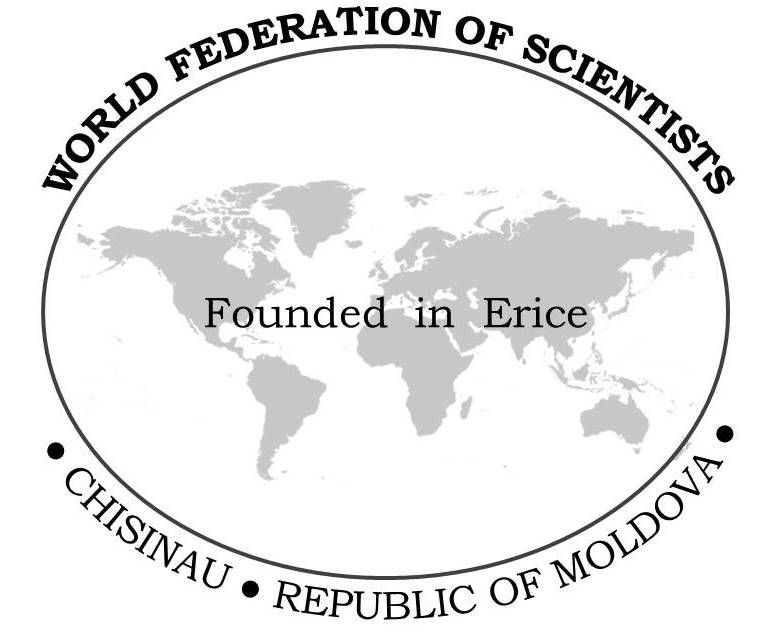|
Scientific Achievements and Innovations
Academician Ablov was a pioneer in the chemistry of coordination compounds, laying the foundation for the Moldovan scientific school in this field. His discovery of the trans influence phenomenon in cobalt(III) dioximes, known as the "Partially Open Book," was a significant contribution to both theoretical and applied chemistry. His studies integrated advanced spectroscopic methods (IR, UV-VIS, NMR, ESR, magnetochemistry) to analyze molecular structures and the properties of coordination compounds.
Practical Applications and Industrial Impact
Ablov’s research led to the implementation of catalysts for the textile industry, used in plants in Russia, Ukraine, and the Republic of Moldova. Furthermore, he demonstrated that cobalt dioximes could serve as biological models for studying the mechanisms of vitamin action, particularly vitamin B12, opening new perspectives in the bioinorganic chemistry of transition metals.
Awards and Academic Recognition
For his outstanding achievements, he received numerous distinctions, including:
• Order of the October Revolution (1971)
• Title of "Emeritus Scientist of the Moldavian SSR" (1966)
• State Prize of the Moldavian SSR (1983, posthumously)
He was an active member of the Presidium of the Academy of Sciences of Moldova (1961-1978) and served as President of the Chemistry Section of the Scientific Council for Inorganic Chemistry of the USSR Academy of Sciences (1966-1978).
Legacy and Disciples
Academician Ablov mentored a new generation of chemists, supervising 65 PhD students and 10 habilitated doctors. Among his notable disciples were academicians Nicolae Gărbălău, Aurelian Gulea, Constantin Turtă, and others. He also organized and promoted the "Physical Methods in Coordination Chemistry" Conference, which became a tradition in the field.
Tributes and Posthumous Recognition
In his honor, the Academy of Sciences of Moldova established the "Academician Antonie Ablov" Excellence Scholarship, and in 2007, Moldova’s postal service issued a commemorative stamp featuring him. The Institute of Chemistry in Chișinău hosts a memorial plaque in his honor, and a nearby street bears his name.
Significance for Science and Development
Academician Antonie Ablov was an emblematic figure in inorganic and coordination chemistry, significantly contributing to the advancement of this field in the Republic of Moldova. Through his innovative discoveries and synthesis methods for coordination compounds, he pioneered new research directions, making a major impact both in scientific circles and on the country’s development.
His research laid the groundwork for advanced technologies used in industry, medicine, and environmental protection, demonstrating the practical applicability of inorganic chemistry principles. Additionally, his works were fundamental in developing new materials with specific properties, further advancing modern chemistry.
His scientific legacy continues to influence today’s generations of chemists, serving as an inspiration for young researchers and fostering the development of new concepts in coordination chemistry. Thus, his contributions remain essential to the progress of science and its applications across various aspects of daily life.
|
